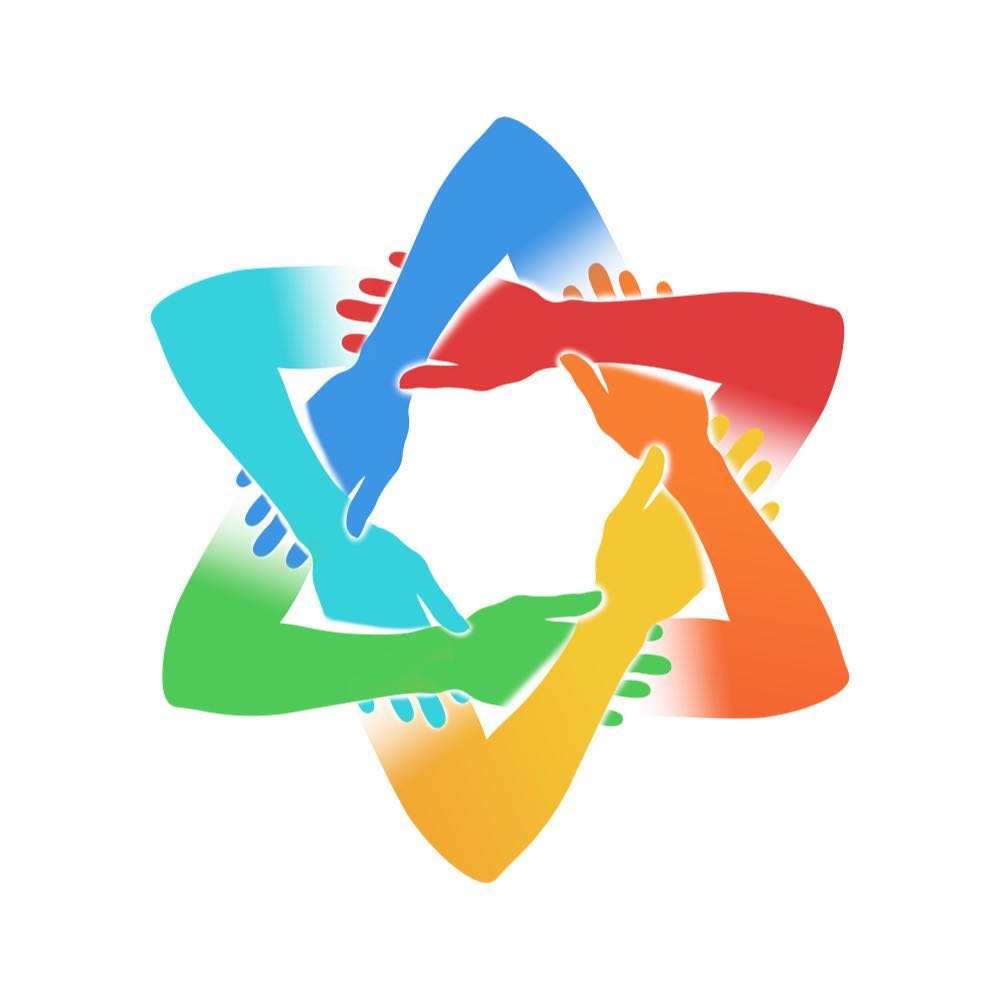Mishpacha in the Face of Tragedy
One of the valuable lessons I learned from my adults Birthright trip in June 2018 is mishpacha. Mishpacha is Hebrew for family. During this trip to Israel, I had the opportunity to bond with not just those on my bus, but also with the land and Jewish individuals at large. This experience was invaluable as a whole, but also simply because I felt connected to my own Yiddishkeit.
Orthodox Judaism teaches that Judaism is only a religion and you’re only Jewish if your mother was Jewish when you were born. This is halacha, yes, but it’s also wrong. Judaism is more than a religion – it’s a nation, a people, a culture. It’s a mesora and heritage. Yiddishkeit isn’t only religious observances – it’s also a communal connection that transcends philosophy and theology and binds every Jew together, myself included.
Orthodoxy also teaches that Conservative and Reform Judaism isn’t Jewish and that, in many ways, non-observant Jews are not necessarily Jewish. It’s wrong there too. Sure, religiously, I get it, but Orthodoxy fails to see Judaism as a ethnic people group, which it is. We are all connected through Avraham Avinu (Father Abraham). We all have a promise. We are all related. Also, being Ashkenaz, I’m closely genetically related to a great number of Jews. We are a people and a religion, and we can’t forget that.
So, as far as religion goes, what suits you? As far as culture goes…I am Jewish alongside Conservative, Reform, non-religious, etc. Which brings me back to the lesson I learned: mishpacha. We are all family. We celebrate with each other and we mourn with each other.
Kohelet says there is a time for everything, and now is a time for mourning. I’ve been asked – how did the Pittsburg event impact me and my community? Well, we have security concerns, and there are those that have direct family in Pittsburg. Even deeper, though, as we are all family, I lost eleven family members last Shabbos in a terrorist attack by a radicalized anti-Semite. In that regard, we are all in mourning and it pains us all.
Let us not forget that. No matter what rifts may develop between us, we are still family and we need to support one another.
That’s part of what building bridges is about – not just religious bridges but cultural ones as well. Not just with Christians but also between our Jewish divisions. We cannot stand divided, and we’re certainly not destined to fall, so let’s change our narrative to one of unity instead of breakdown.
The loss hurts, but let us not let it be for nothing. Use the pain, the emptiness, to make a change and make a difference for the better. Some call it tikkun olam. Others call it humanity. Regardless the term, we need to support each other and stand strong, now more than ever.
Mishpacha. We are all family, whatever tradition or observance level we may have.

